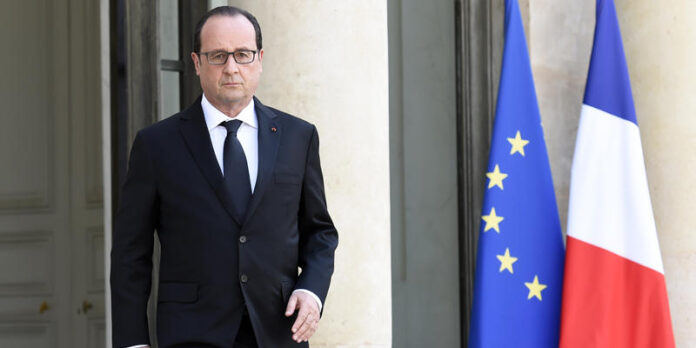Since the adoption in force of the pension reform, the country is experiencing a major social crisis, where the French do not want to accept the application of the text. While the two motions of censure tabled by the opposition were rejected, including one with only nine votes, social mobilization continues in the streets of France. On Thursday March 23, the new day of demonstration recorded record figures, which prove that the protest still does not stop. In the ranks of the opposition, the spirits are also organized with the implementation of a plan by the left to counter the reform. Explanations.
It is an almost unprecedented battle that is being played out between the executive, the opposition, the unions and the French in the context of this pension reform. After an abortive vote in the National Assembly and, despite the support of the Senate, the government chose force to pass the very controversial pension reform. It is therefore a new recourse to 49.3 which was proposed by Elisabeth Borne in order to put an end to weeks of debate around this strongly criticized text of the law.
If the challenge was already great since the announcements made by the Prime Minister in January, it is now a whole people who seem to rise up against the executive. The rejection of the two no-confidence motions definitely set fire to the powder with, now, wild demonstrations and clashes which are accentuated in the big cities. For his part, Emmanuel Macron remains faithful to his line of conduct and does not plan to backtrack, as he confirmed in his interview. To succeed in countering the reform, the left, for its part, is betting on the implementation of a plan to get out of the crisis.
While the Constitutional Council must now study the text and decide whether certain passages, or all of them, have the obligation to be censored, the Nupes wishes to launch a referendum of shared initiative (RIP). In this way, she would like to affirm that the legal retirement age cannot be set beyond 62 years. For the time being, 252 parliamentarians, whether deputies or senators, have validated this request.
However, the process to bring this approach to a successful conclusion is likely to be very long, without obtaining the certainty that it can be deemed admissible. The Elders must thus meet by April 19, then the collection of signatures can be launched with the objective of collecting the signature of 10% of the electorate within 9 months, or approximately 4.9 million voters.
Facing the Nupes, the left, gathered around François Hollande and Bernard Cazeneuve, for its part, organized a dinner this Tuesday evening to try to “work together” and propose a political “alternative”. As our colleagues from 20 Minutes report, this meeting brought together around twenty participants from the political and associative world such as the first deputy secretary of the PS, Nicolas Mayer-Rossignol, or the ex-mayor of Grenoble, Michel Destot.
Each of these participants is therefore opposed to the Nupes agreement, concluded in May 2022. For the director of the PRG, Guillaume Lacroix, the solution could be found in “The Convention”, a movement created by Bernard Cazeneuve. Launched in February, it already has 4,000 members and could bring together many left-wing actors around a common project.















